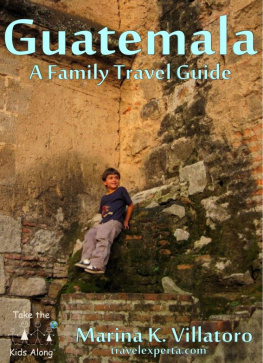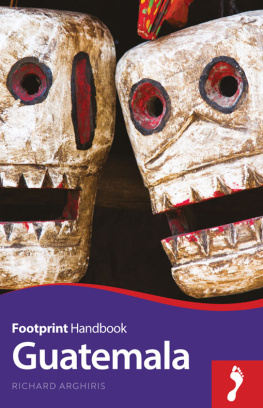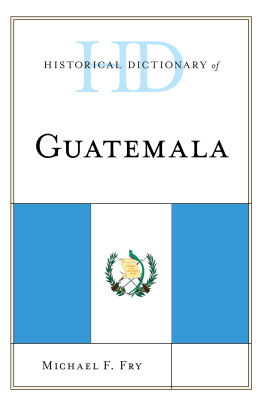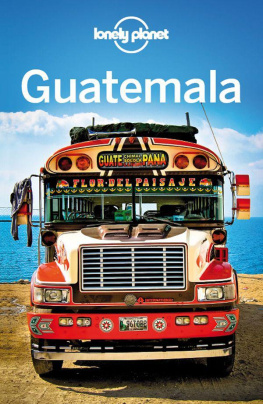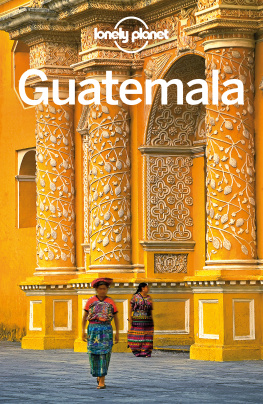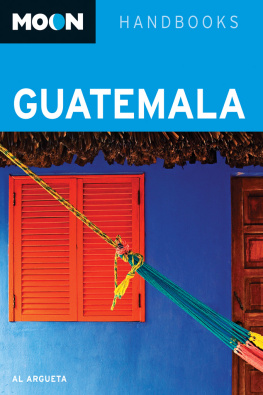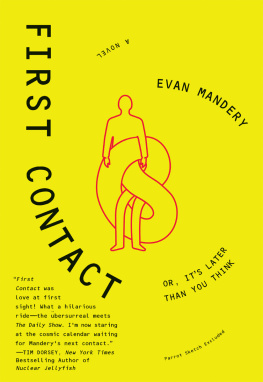

Copyright 2020 by Bonnar Spring
All rights reserved. No part of this book may be reproduced in any form or by any electronic or mechanical means, including information storage and retrieval systems, without permission in writing from the publisher, except by a reviewer who may quote brief passages in a review.
This book is a work of fiction. Names, characters, businesses, organizations, places, and incidents either are the products of the authors imagination or are used fictitiously. Any resemblance to actual events, businesses, locales, or persons living or dead, is entirely coincidental.
ISBN 989-1-60809-376-2
Published in the United States of America by Oceanview Publishing
Sarasota, Florida
www.oceanviewpub.com
10 9 8 7 6 5 4 3 2 1
PRINTED IN THE UNITED STATES OF AMERICA
For Bill, always.
ACKNOWLEDGMENTS
The journey of Toward the Light has taken so many amazing twists and turns its hard to remember them all!
First, no thanks are possiblealthough a million and one are dueto a man whose name I never knew who, at a party years ago, posed some offhand questions that animated the entire gathering of wine-fueled guests. He wondered how far we would go if we had the power to destroy someone evil, what consequences wed be willing to accept, how we saw the results of our actions. The questions stayed with me, prompting other discussions over time, although it took many years to germinate the seed.
Many thanks to
early readers Shannon Schuren and Christine Finlayson who helped shape the story into a coherent whole,
fellow Seacoast Writers Amy Ray and Jed Power who pored over later versions and returned them with my most egregious excesses x-ed out,
my agent, Lisa Abellera at Kimberley Cameron & Associates, whos also a tenacious and talented editor,
and Bob and Pat Gussin and the great staff at Oceanview for their efficiency, enthusiasm, and professionalism.
Guatemala City is realand a really interesting place that rewards those who stick around long enough to look below the gritty surface and absorb its rhythm. Because this is a work of fiction, however, I hope those of you who know and love Guate will forgive me for painting the city with artistic license to suit the narrative.
CHAPTER ONE
O n a breezy autumn afternoon, Maria Luz Concepcion returned to Guatemala to kill a man. As the airplane banked, its descent through thick clouds brought the first view of her country in almost twenty years. Corrugated mountains, a trackless sea of green and brown. The plane drifted lower. Misty rectangles on hillsides resolved into a patchwork of fields and houses. A serpentine line became a road. A silver flash, a lake.
Once at the gate, Luz joined the rolling wave of deplaning passengers. They all shuffled up the jetway and along an interminable corridor to Luzs first hurdleImmigration. The tide carried her toward black swinging doors at the far end that swallowed each arrival in turn. Then the doors flapped for her, and she emergednot in the dark maw of some carnivorous beast but in a bright, echoing room.
As she waited her turn, Luz studied the gatekeepers who stood between her and Martin Benavides: The bald guy with thick Coke-bottle glasses who barely looked at the supplicants but spent tedious minutes flipping each page of every passport. The bulldog-faced woman with the pen stuck in her hair and the crisp khaki uniform. The younger man who asked so many questions.
They held the key to her future, these civil servants in their cages of glass and metal, destined to spend their days in noise and harsh light, vigilant against the undotted i, the uncrossed t. Against criminals, the indigent. Against young women planning murder.
The talkative younger man beckoned. Luzs stomach rose to her throat. She pasted on a smile when she approached his kiosk. He stuck out a hand for her passport, a first-rate fake that gave her name as Luz Aranda. Once she relinquished it, Luz smoothed her shirt over her hips with damp palms and stood before him, fingers intertwined, mimicking as best she could the decorum of a Catholic schoolgirl at early-morning Mass.
The agent flipped to the photo page. He squinted at her.
Luz no longer believed in God, but the habit of prayer lingered. Bargaining, really. Dios, por favor. If youll get me through Immigration, Ill What in heavens name could she promise? Let me go home, so I can kill Martin Benavides. No, keep it simple. Let me in, and I wont ever bother you again.
Luz released her hands and wiggled her bloodless fingers, willing her expression into nonchalance as the man compared her face to the photo. Too lateand unnecessaryhed already looked down and was riffling through the pages to stamp her entry. Ink-stained hands with fingernails bitten to the quick, a bald spot at the top of his head, photo of a chubby woman holding a snaggle-toothed child tucked in the corner of the glass partition. Not a dragon guarding the gates after all.
Luz beamed when he handed back the passport. Shed taken one more small step toward Martin Benavides death when the man said, in soft Spanish that reminded Luz of her father, Seorita, you have been away for a long time.
A long time, yes. Luz pressed her palm against her open mouth as her mothers hand had silenced her screams of terror that last night in Guatemala while they fled blindly in the dark. Pinpoints of lights threaded through the trees and distant gunfire came closer. They ran on.
But that was a long time ago, and this this pencil-pusher was not going to block her path. She summoned the spirit of her mother to her side, not the pale and wasted woman in the drab New Hampshire apartment whod lost all hope, but the beautiful fighter from her childhood. Luz had promised her mother to return.
So she straightened and found her voice, although she hesitated over the fluid cadences of her native language, which shed seldom used in the months since her mothers death. II had a good job working as a nanny in Florida, Luz lied, but I missed being home. The second part, at least, was true.
Ah, that is a good reason for your beautiful smile. Bienvenida, seorita. Welcome home.
Luz claimed the bulging suitcase containing all she had left in the world. Customs inspectors waved through the throngs of tourists with their dollars or euros to spend on hotels and nice restaurants, on embroidered skirts and handbags, carved masks, tour guides to Mayan ruins, boat rides around Lake Atitlan. But for those with Guatemalan passports, the line dragged as inspectors upended suitcases and poked through the contents to exact the proper duty for every single item purchased abroad.
Luz had receipts for new shoes and a small radio, and she had double- and triple-checked her paperwork for the all-important black jar lying, swaddled in layers of clothes, in the center of her suitcase. Unlike Immigration, however, even the worst stickler at Customs could only gouge her for a few extra quetzales. In any event, it was an efficient woman who totaled the receipts on a handheld calculator and presented Luz with a modest bill.
Taxi drivers swarmed when she walked outside, but she waved them off. Richard had told her to turn left outside the terminal, walk past the taxi stand and a multistory parking garage to a covered bus stop at the intersection with the main road. Then take the number 83 bus into the city. She was to sit in an empty row on the right side of the bus, near the middle, placing her suitcase so it blocked access to the adjoining seat. After a few stops, a man would get on and ask, in gringo-accented Spanish, if he could sit. He would carry a folded
Next page


